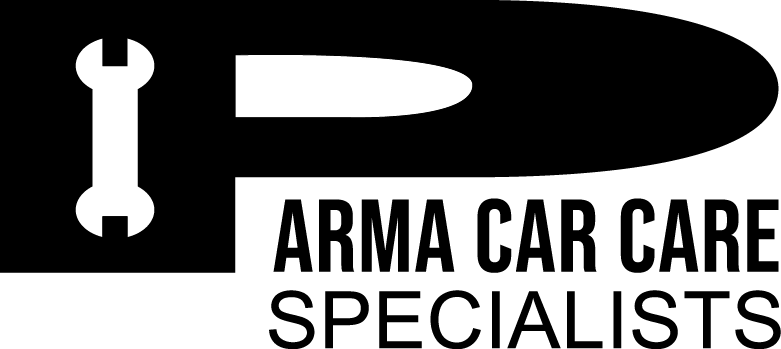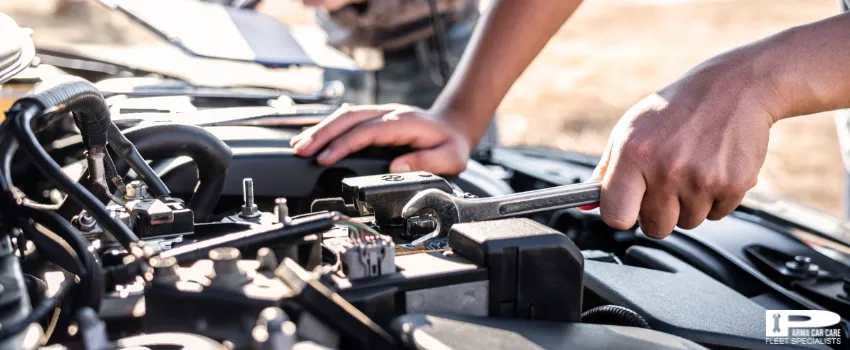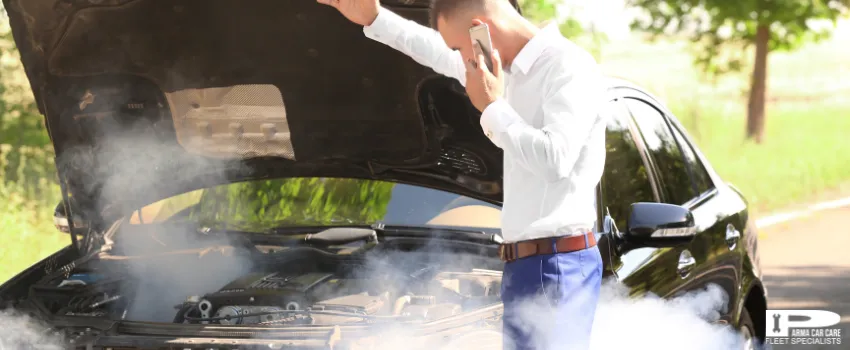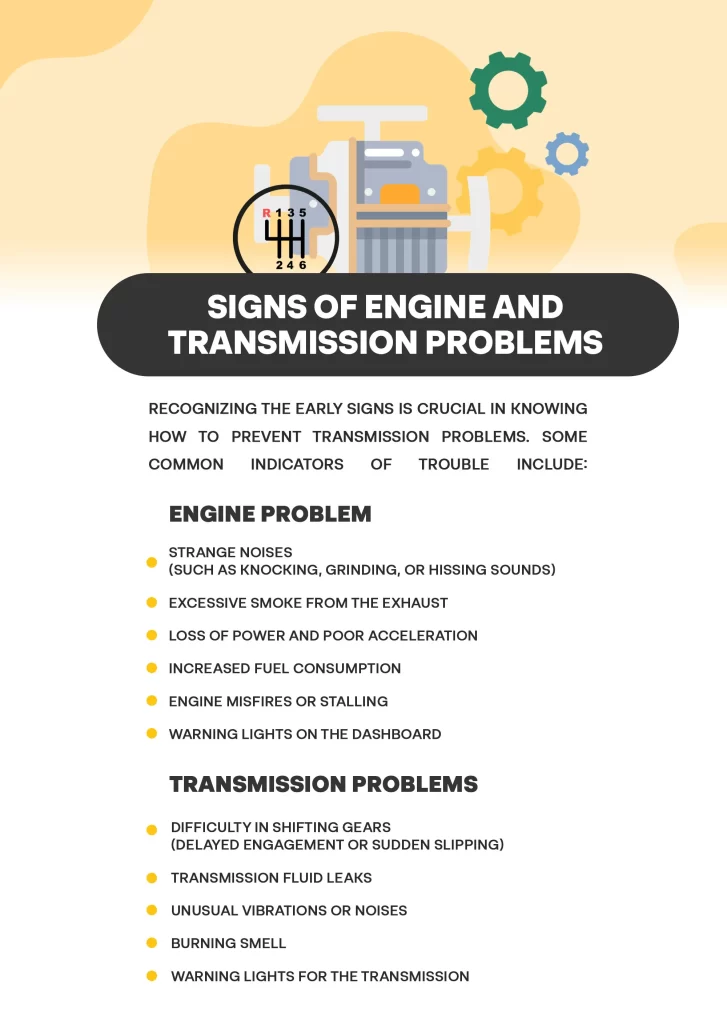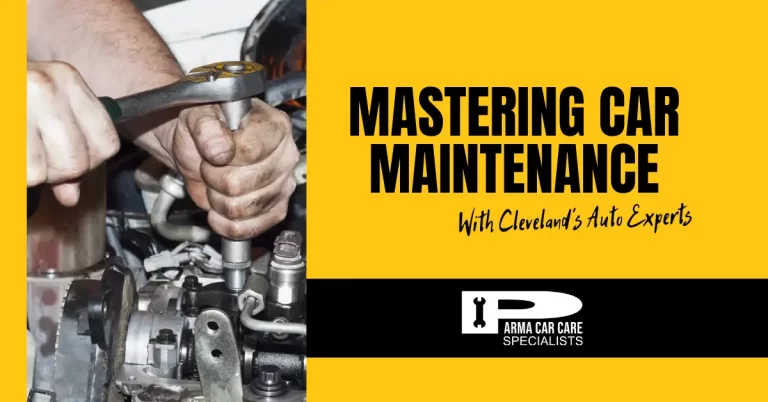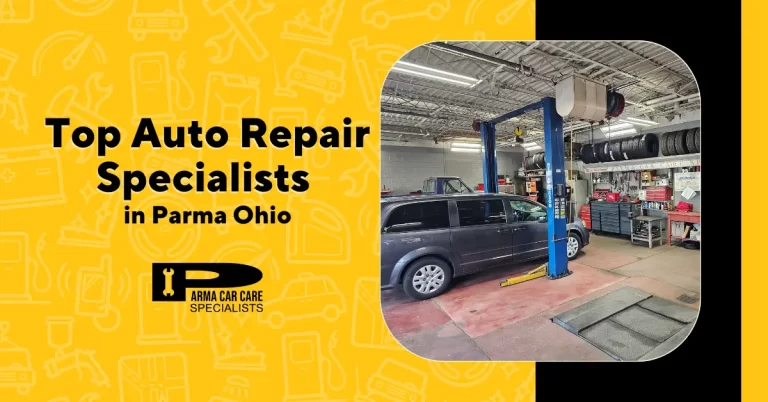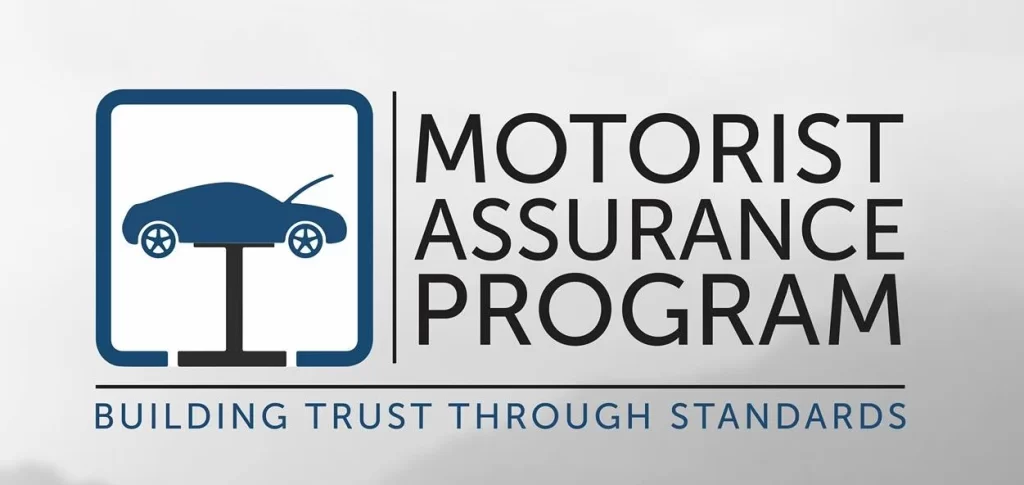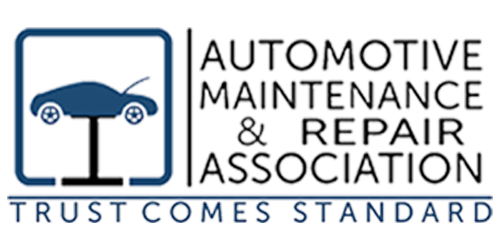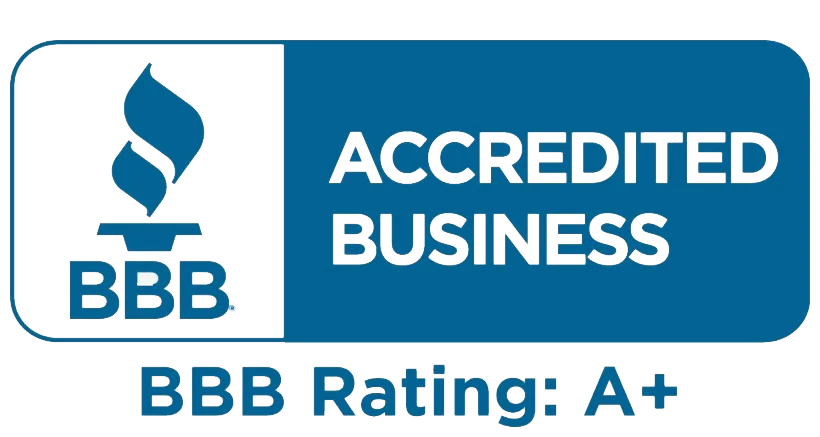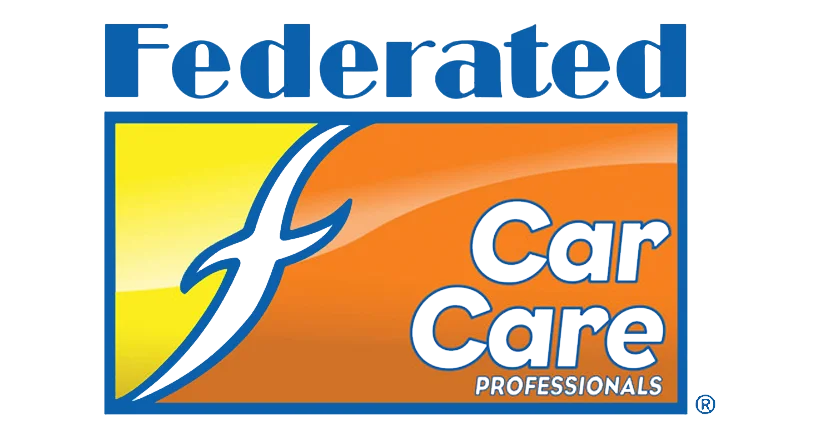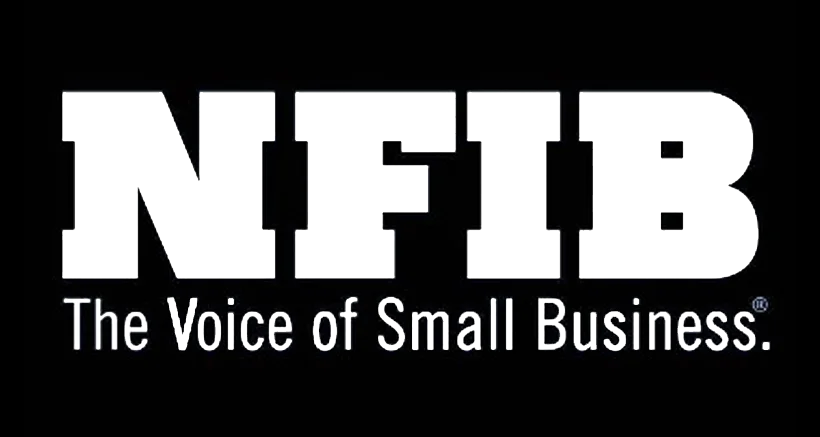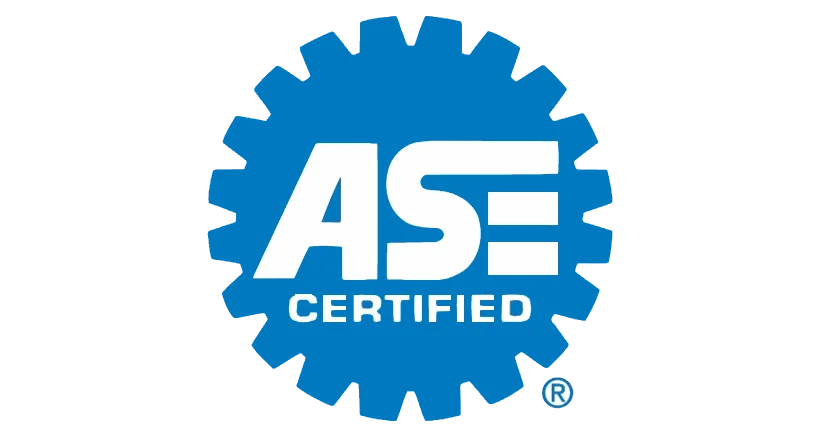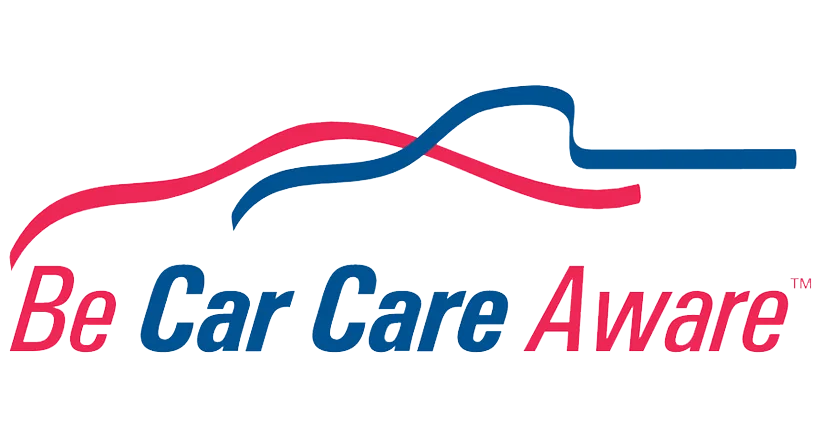Every car owner knows the importance of a well-maintained vehicle. Regular check-ups, timely repairs, and a little care ensure that your car runs smoothly, giving you a comfortable and reliable means of transportation.
Two of the most critical components of a vehicle are the engine and transmission. The engine acts as the heart, generating power to move the car, while the transmission serves as the brain, controlling the shifting of gears for optimal performance. When these components work in harmony, your vehicle can reach its full potential on the road.
However, as the miles add, the engine and transmission can experience wear and tear, leading to performance issues. To keep your car running like new, you must promptly address these problems through transmission and engine repair.
Common Engine Problems and Failures
Before discussing what happens during a transmission and engine repair, it’s important to know these components’ usual issues. Engines can experience various problems, but some of the most common ones include:
1. Overheating
Engines can overheat due to coolant leaks, a malfunctioning thermostat, or a failing radiator. When the engine temperature rises above the normal range, it can cause severe damage and lead to failure if not addressed promptly.
2. Oil Leaks
Oil leaks can occur in engine parts, such as the valve cover gasket, oil pan, or seals. If left unattended, these leaks can result in low oil levels, increasing friction and wear on the engine components.
3. Timing Belt Failure
A broken timing belt can cause significant damage to the engine, as it disrupts the synchronized movement of the internal parts. This can result in bent valves, piston damage, and, in some cases, complete engine failure.
4. Poor Lubrication
When the engine is not properly lubricated, friction between the moving parts increases, leading to accelerated wear and tear. This can happen due to dirty or old oil, a malfunctioning oil pump, or an oil filter.
The Most Common Failure in Automatic Transmissions
The torque converter is the most prone to failure among the various components of an automatic transmission. The torque is responsible for converting and transferring power from the engine to the transmission. Over time, it can develop issues such as worn-out needle bearings, damaged seals, or fluid leaks.
When the torque converter fails, you may experience symptoms like transmission slipping, shuddering, or a complete loss of power. Addressing these issues promptly through transmission and engine repair can prevent further damage to the transmission.
Signs of Engine and Transmission Problems
Recognizing the early signs is crucial in knowing how to prevent transmission problems. Some common indicators of trouble include:
Engine Problems:
- Strange noises (such as knocking, grinding, or hissing sounds)
- Excessive smoke from the exhaust
- Loss of power and poor acceleration
- Increased fuel consumption
- Engine misfires or stalling
- Warning lights on the dashboard
Transmission Problems:
- Difficulty in shifting gears (delayed engagement or sudden slipping)
- Transmission fluid leaks
- Unusual vibrations or noises
- Burning smell
- Warning lights for the transmission
The Benefits of Repairing or Replacing an Engine or Transmission
Facing critical issues with an engine or transmission that are beyond simple fixes often necessitates comprehensive repair or even full replacement. Both options carry their own set of benefits:
1. Enhanced Performance and Efficiency
Repairing or replacing your engine or transmission can lead to marked improvements in your vehicle’s performance. Upgraded or new components are designed to comply with the latest efficiency standards, boosting power and fuel economy.
2. Greater Reliability
The risk of malfunction increases with the age of the engine and transmission. Addressing the problems through repair or opting for a complete replacement can dramatically enhance the reliability of your vehicle, diminishing the chances of untimely breakdowns.
3. Extended Durability of the Vehicle
Whether you repair critical components or replace them, you’re investing in the longevity of your vehicle. This can translate into many additional years of dependable service with appropriate maintenance.
4. Assured Warranty Protection
With significant repairs and replacements, warranties often come into play, offering added financial security. These warranties typically cover a range of issues, ensuring protection against future repair costs.
The Procedure for Transmission and Engine Repair
Transmission and engine repair entails a thorough inspection, maintenance, and, when necessary, replacement parts to guarantee the seamless operation of both critical components.
For transmissions, which are instrumental in gear shifting and power delivery from the engine to the wheels, the car engine transmission service includes:
- Replenishing transmission fluid to maintain lubrication and cooling – With time, fluid degrades and loses effectiveness, so draining the old and refilling with new ensures peak transmission performance and longevity.
- Identifying and rectifying transmission leaks – Mechanics rigorously check for leaks, understanding that, unattended, they can inflict considerable damage; hence, preserving the transmission’s integrity is paramount.
- Evaluating the transmission filter – If present, it is pivotal in capturing debris. Inspection and replacement by the mechanic are crucial for optimal transmission function.
- Performance testing – This is to ensure smooth gear transitions, including clutch operations in manual systems, and to check for errors via the vehicle’s computer.
- Executing a road test post-service – Observe the transmission’s response under various driving scenarios, pinpointing any irregularities for further action.
When looking at the engine and transmission repair process, an engine rebuild is typically initiated when significant damage or wear is detected:
- The engine is meticulously removed to facilitate a comprehensive evaluation of whether it needs or a complete car engine repair.
- Disassembling the engine allows for a detailed inspection of all parts, gauging the extent of damage or wear.
- A thorough clean-up of each component follows, succeeded by an exhaustive inspection to determine reusable parts versus those needing replacement.
- Based on the inspection, parts like piston rings and bearings are either fixed or replaced, depending on their state and cost implications.
- The engine is then reassembled, ensuring every part is correctly placed and secured.
- The rebuilt engine is reinstalled, reversing the removal steps and reattaching all systems.
- The final step in an engine and transmission repair is testing the rebuilt engine, checking for proper compression and fluid flow, and adjusting for smooth operation.
To prevent transmission problems, regular maintenance as described is advisable, ensuring any issues are addressed promptly to avoid an extensive car engine repair.
The Bottom Line
Proper maintenance and timely transmission and car engine repair are essential for every vehicle. Consistent care for your vehicle can help you avoid costly breakdowns, enhance safety, and extend the life of your car.
Remember, the transmission and engine are like the dynamic duo of your vehicle, working together to provide power and performance. Remember, when learning how to prevent transmission problems, it’s best to care for these components. With regular maintenance and repair work, you will be caring for your vehicle’s heart and ensuring it runs at its best for years.
Get quality engine and transmission repair from Parma Car Care Specialists
If your vehicle needs repair services, don’t hesitate to contact Parma Car Care Specialist. Our skilled technicians have the expertise to handle all your repair needs, ensuring your vehicle receives the care it deserves. Schedule an appointment with us today and let us handle your engine and transmission repair in Brooklyn, OH.

